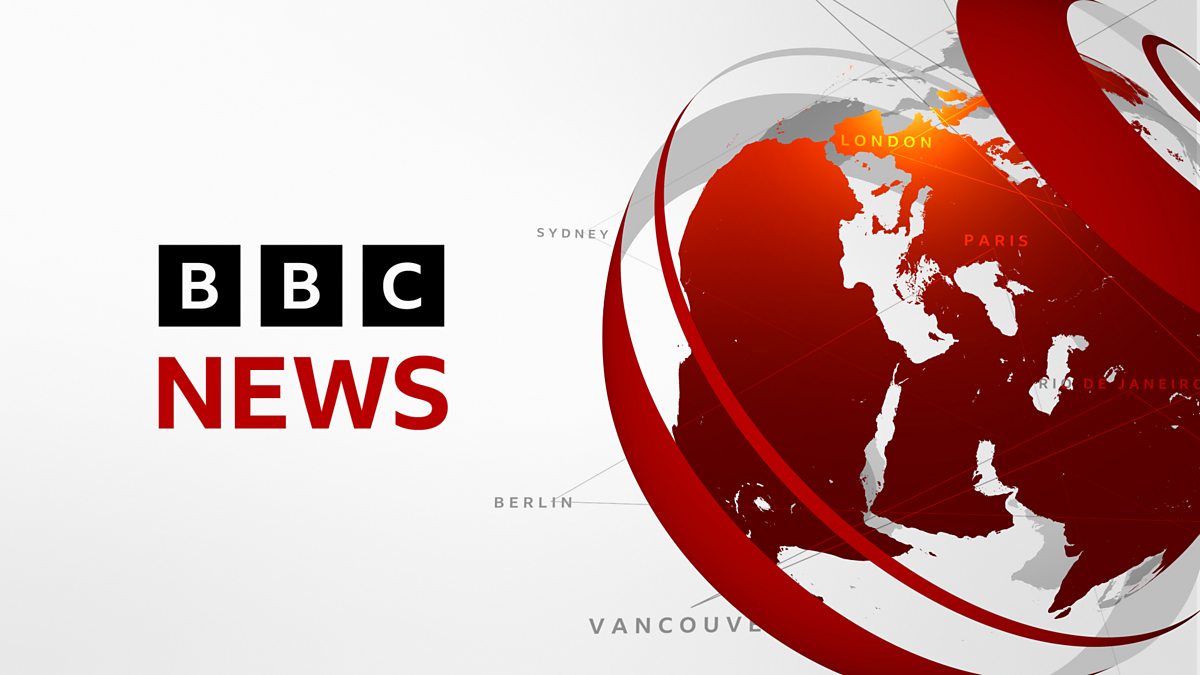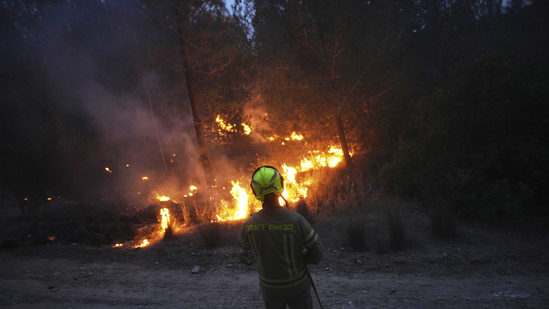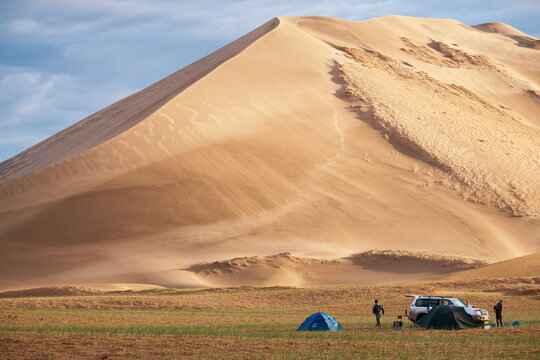The British Broadcasting Corporation (BBC): A Comprehensive Overview
Introduction
The British Broadcasting Corporation (BBC) stands as one of the world’s most influential public service broadcasters. Known for its commitment to impartial journalism, cultural programming, and global outreach, the BBC has maintained an unparalleled reputation since its inception in the early 20th century. With branches spanning from BBC Sport to BBC Hausa, and BBC News UK to BBC Scotland, it delivers diverse content to millions across the globe.
This article provides a detailed 1500-word biography and factual overview of the BBC — covering its history, key services, operational structure, and the reach of its flagship platforms like BBC News, BBC Sport, and BBC World Service.
The Founding and Evolution of the BBC
The BBC was established on 18 October 1922, originally as the British Broadcasting Company Ltd, by a consortium of leading wireless manufacturers including Marconi and General Electric. The primary objective was to provide a regular schedule of radio broadcasts to promote the sales of wireless receivers.
In 1927, the company was reconstituted under a Royal Charter as the British Broadcasting Corporation, a publicly funded yet independent entity. Its first Director-General, Sir John Reith, shaped its founding ethos — to inform, educate, and entertain — principles that continue to guide the BBC’s operations to this day.
The BBC expanded into television in 1936, launching the world’s first regular high-definition television service from Alexandra Palace in London. Despite halting operations during World War II, the BBC’s radio service became vital for news dissemination and morale-boosting broadcasts.
Funding Model and Structure
The BBC is primarily funded through the television licence fee, paid by UK households watching or recording live television or using BBC iPlayer. As of 2024, the licence fee stood at £159 annually per household. The funding model allows the BBC to operate free from advertising, thereby supporting editorial independence.
The BBC operates under a Royal Charter, which is reviewed every 10 years. Governance is provided by the BBC Board, chaired (as of 2025) by Dame Elan Closs Stephens (Acting Chair), with the Director-General, currently Tim Davie, acting as Chief Executive Officer.
Key operational divisions include:
- BBC News
- BBC Sport
- BBC World Service
- BBC Nations and Regions (covering Scotland, Wales, Northern Ireland, and English regions)
BBC News: Global Journalism at Scale
BBC News is the largest broadcast news organisation in the world, employing over 2,000 journalists and operating correspondents in nearly every major global city. Established formally in 1922, BBC News evolved into a multimedia behemoth, broadcasting through radio, television, and digital platforms.
Key BBC News services include:
- BBC News Channel (UK): 24-hour domestic news channel
- BBC World News (International): International news channel available in over 200 countries
- BBC News Website: One of the most visited news websites globally (over 1.2 billion monthly visits as of 2024)
- BBC News App: Mobile application with live updates, breaking news, and video content
BBC News Today Headlines (2025)
BBC News’s editorial focus spans national, international, business, science, health, and cultural news. Typical daily headlines cover breaking global events, UK politics, and in-depth investigative reports. Notable examples in 2025 include extensive coverage of UK General Elections, Middle East peace talks, and climate change summits.
BBC Sport: A Premier Sports Broadcaster
BBC Sport is the dedicated sports division of the BBC, established in 1988 but with a lineage of sports coverage dating back to radio broadcasts in the 1920s. BBC Sport is famed for its coverage of flagship events, including:
- Wimbledon Championships (since 1937)
- The FA Cup (since 1937)
- Olympic Games (extensive coverage since 1948)
- Six Nations Rugby
- The Premier League highlights (Match of the Day)
Headquartered at MediaCityUK, Salford, BBC Sport produces content for television, radio, and digital platforms, including live text commentary, sports podcasts, and breaking sports news. The division employs over 500 staff and boasts an audience reach of 50 million UK viewers weekly.
BBC World Service: A Global Voice
The BBC World Service began in 1932 as the Empire Service and remains one of the BBC’s crown jewels. Broadcasting in 42 languages, it reaches an estimated 364 million people weekly worldwide (as of 2024). The World Service provides impartial news, analysis, and cultural programming to global audiences, often in regions where free press is limited.
Languages include Arabic, Persian, Russian, Chinese, Swahili, and Hausa, among others.
BBC Hausa: Connecting West Africa
BBC Hausa is one of the BBC’s key African language services, launched in 1957. Broadcasting from London and regional offices in Nigeria, it serves millions of Hausa speakers across Nigeria, Niger, Ghana, Cameroon, and Chad.
Key offerings of BBC Hausa include:
- Radio broadcasts
- Online website and social media content
- Television programming (BBC Hausa TV, launched in 2017)
With a weekly reach of 23 million listeners/viewers, BBC Hausa delivers news, education, entertainment, and health awareness content, significantly influencing West African media landscapes.
BBC Scotland: National and Regional Output
BBC Scotland is the BBC’s national broadcaster for Scotland, responsible for a rich blend of national and regional programming. With its headquarters in Glasgow, BBC Scotland operates:
- BBC Scotland Channel (launched in 2019)
- BBC Radio Scotland
- BBC Alba (Gaelic-language television)
- Regional news, including Reporting Scotland
BBC Scotland produces drama, documentaries, comedy, and cultural programmes that highlight Scottish identity and issues, such as River City, The Nine, and Landward. The division employs approximately 1,200 staff, serving an audience of 4.5 million in Scotland.
Key Facts and Figures (2025)
| Metric | Value |
|---|---|
| Year Founded | 1922 (Company), 1927 (Corporation) |
| Headquarters | Broadcasting House, London |
| Employees | ~21,000 worldwide |
| Licence Fee (2024) | £159/year |
| Global Audience (weekly) | 465 million people |
| BBC World Service Languages | 42 |
| BBC News Website Traffic | 1.2 billion monthly visits |
| BBC Sport Audience (UK) | 50 million weekly |
| BBC Hausa Audience | 23 million weekly |
| BBC Scotland Viewers | ~4.5 million (Scotland) |
Achievements and Legacy
The BBC’s accolades are numerous, including multiple BAFTA, Peabody, and International Emmy awards. Landmark achievements include:
- Pioneering television broadcasting (1936)
- Extensive WWII news coverage and resistance broadcasts
- Coverage of Queen Elizabeth II’s coronation (1953), one of the first major televised events globally
- Launch of BBC iPlayer (2007), revolutionizing digital streaming in the UK
- Coverage of London 2012 Olympics, acclaimed for technical and journalistic excellence
Its journalistic integrity, expressed through principles of impartiality, accuracy, and fairness, continues to define global broadcasting standards.
Challenges and Future Outlook
The BBC faces evolving challenges in the 21st century:
- Technological shifts: Competing with streaming giants (Netflix, YouTube)
- Political scrutiny: Debates over impartiality and funding mechanisms
- Global competition: From Al Jazeera, CNN, and emerging broadcasters
To address these, the BBC has invested in digital transformation — expanding podcasts, streaming content, and interactive platforms — while upholding its public service mandate. The Corporation’s 10-Year Digital Plan (2022–2032) focuses on becoming a “digital-first” broadcaster, aiming to increase its younger audience engagement and global footprint.
Conclusion
The BBC remains a towering institution in world media, balancing tradition and innovation across its multifaceted platforms. Whether through BBC News, BBC Sport, BBC Hausa, or BBC Scotland, it continues to inform, educate, and entertain audiences with integrity and inclusivity.
As it approaches its centenary decade, the BBC’s influence—anchored in factual reporting, cultural enrichment, and technological advancement—shows no signs of waning.






